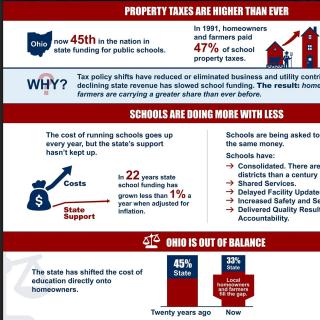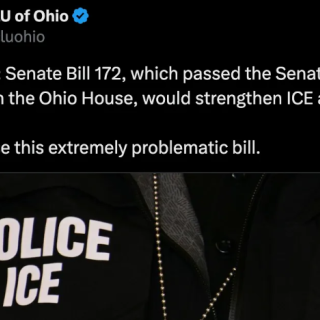Advertisement
Venezuela Under Siege
What would you do if you were a socialist who had to manage a capitalist economy in crisis? Or an environmentalist who had to govern a country whose main export was oil and whose national budget was thus subject to its massive price volatility? Or an ecosocialist torn between the reality of people who are long accustomed to fuel prices kept unsustainably low by implicit energy subsidies and the urgent need to stop smugglers smuggling subsidized fuels out of the country and selling it at much higher prices in neighboring countries? There are no easy answers, are there?
Such is the predicament in which Venezuela’s left-wing government and its supporters find themselves. It is not a job of North American activists to find solutions to the problems in Venezuela, however. Our task, instead, is to help open up the necessary political space and time in which Venezuelans themselves can work out a best course of action under the circumstances and implement it – without interference from the United States government.
That is one of the main lessons that we learned from Steve Ellner, a professor who has taught economic history and political science in Venezuela since 1977. On December 2-3, Dr. Ellner visited Columbus, the last stop of his North American speaking tour to educate people about “Venezuela Under Siege: Challenges from Within andWithout.” If you missed the opportunity to meet Dr. Ellner in person, you can still listen to Bob Fitrakis’s radio interview with him at www.wcrsfm.org/content/other-side-news-december-3-2018-venezuela-special.
That the Venezuelan government faces challenges from within, arising from the contradictions of its own making, cannot be denied. Shortage and inflation besetting the country are not simply a result of politically motivated economic sabotage by capitalists at home and imperialists abroad. Dr. Ellner points out that the Venezuelan government allowed “the disparity between regulated prices and official exchange rates, on the one hand, and open market prices, on the other” to reach “unprecedented extremes,” unwittingly creating economic incentives for hoarding, smuggling, and so on, leading to a scarcity of goods at subsidized prices. Correcting this economic distortion would result in a pain of adjustment, at least in the short term.
In Dr. Ellner’s view, as long as the government fears that the resulting pain of adjustment would be exploited by opposition leaders in league with imperialists to pull off regime change, it will continue to hesitate to do what it takes to break the spiral of shortage and inflation. Needless to say, the Venezuelan government has very good reasons to fear such a regime change plot, given its experiences ranging from the US-backed coup against Hugo Chávez in 2002 to the assassination attempt against Nicolás Maduro on August 4, 2018. The US government, using a variety of means from economic sanctions to secretly meeting with Venezuelan military officers plotting a coup against Maduro, is giving a signal to even moderate members of the opposition not to come to terms with the Maduro government, let alone tackle the difficult economic problems together.
Hence the aforementioned task of activists. We need to change the US government policy toward Venezuela, so it will stop motivating the opposition to hold out for a US-backed regime change, paralyzing the country.
Against the Wall of Bipartisan Consensus for US Imperialism
All is not bad news. In Latin America the “Pink Tide” is rising again. Mexico elected Andrés Manuel López Obrador, who promised to put the poor first. Attending his inauguration, Maduro said that with AMLO’s arrival to power “hope, solidarity, love” are in the air in the streets of Mexico. Indeed, by inviting Maduro to his inauguration,Obrador has already broken the attempt of the US government and its South American allies to diplomatically isolate Maduro.
Change is in the air in the United States, too. Slowly but surely, the erratic Donald Trump administration is pushing the Republican Party into disarray, which has already cost the party control of the House. But the Democratic comeback, in and of itself, does not change things for the better, especially when it comes to international affairs. Take, for example, the Nica Act sanctioning the Sandinista government of Nicaragua, which is allied with Venezuela. Not a single Democrat, in the House or the Senate, opposed it.
How do we begin to chip away at this wall of bipartisan consensus for US imperialism? Activists who organized Dr. Ellner’s speaking tour are gearing up to plan a day of action in solidarity with Venezuela. To get involved, contact the Community Organizing Center, 614-252-9255, walk@igc.org.



